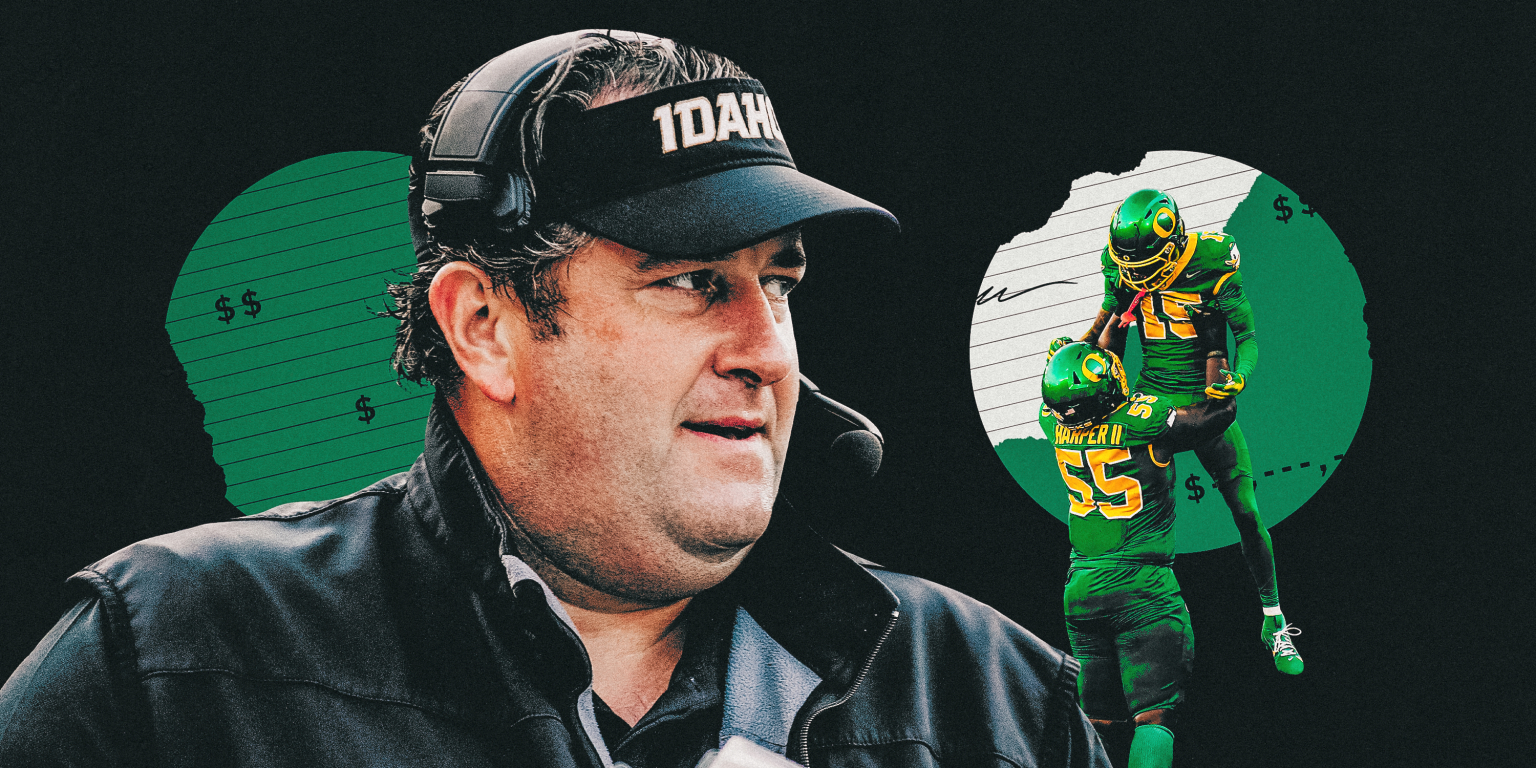The Idaho Vandals football team encountered the third-ranked Oregon Ducks over the weekend. The game was expected to be a cakewalk for the Ducks, who in the past two decades have dealt with their FCS opponents with an average scoreline of 60-13. However, Oregon found themselves just three points ahead in the middle of the fourth quarter, and the Vandals’ dreams of an upset were only dashed when the Ducks’ Tez Johnson scored on a 12-yard pass. The game ended 24-14 in favor of Oregon.
The statistics of the game show a dominant performance from the Ducks, who outgained Idaho by 487 to 217 yards. Despite this, the Vandals proved to be more than Oregon bargained for. They limited the Oregon offense to less than three yards per run, and prevented them from making a play longer than 24 yards. Idol’s defense also sacked Oregon’s quarterback three times, a feat considering Oregon only allowed five sacks in the previous season.
The bigger narrative behind the game, however, lies within the state of college football in 2024. Oregon has been one of the beneficiaries of a well-funded school collective backed by Nike’s Phil Knight which offers player stipends. On the other hand, Idaho has seen seven of their top players transfer to FBS programs. The school’s coach, Jason Eck, believes that if these five players were still part of the team, they would’ve had a strong chance at beating Oregon.
Though in defeat, Eck is hoping his team’s performance would attract interest from FBS programs. He pinpoints Dallas Afalava and Andrew Marshall’s performance, in particular, against Oregon as potential game-changers that may pique interest from Power 4 schools. While he worries about the prospect of losing them to larger programs, he holds out hope they remain with Idaho for at least another year, during which they may be able to command even higher amounts from their next school.
Aside from players, Eck also faces a similar predicament with his coaching staff. Idaho recently lost three coaches who left for jobs in the FBS. Eck realizes part of his job is to find capable replacements but ultimately hopes that not everyone would want to leave the program.
Eck further adds that while getting to the NFL is the end goal for many players, playing at lower tiers such as the FCS can still attract scouts and does not hinder their pro prospects. At Idaho, Eck is working to raise around $10,000-$15,000 per player annually. Despite not being in the high six-figure range offered by larger schools, it’s a start. For some, like his son Jaxton, they still have the chance to impress, as shown in the recent game against the Ducks where he recorded a game-high 14 tackles.


